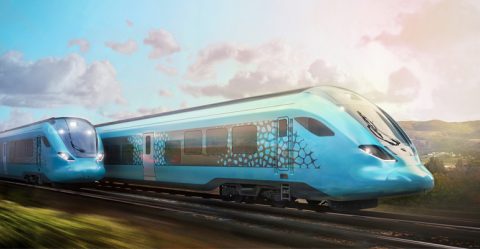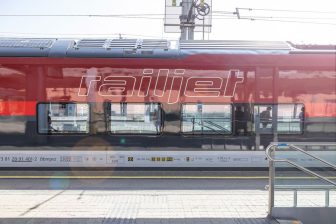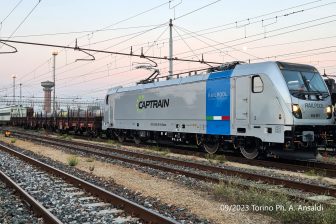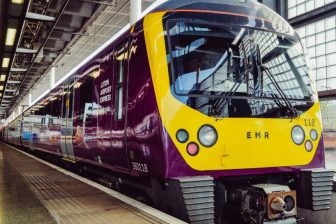
Talgo joins with Repsol for hydrogen trains
Talgo
Spanish train manufacturer Talgo joins forces with hydrogen producer Repsol. Talgo is already developing a project to manufacture dual hydrogen-electric trains as part of the Basque Hydrogen Corridor initiative, launched in February this year. Repsol will use its logistics infrastructure to supply renewable hydrogen to the railway network.
Want to read more?
You have read all of your free premium articles for this month. Please become a subscriber to keep reading.
Subscribe now!
Take advantage of our exclusive offer to get full access to all premium content.



